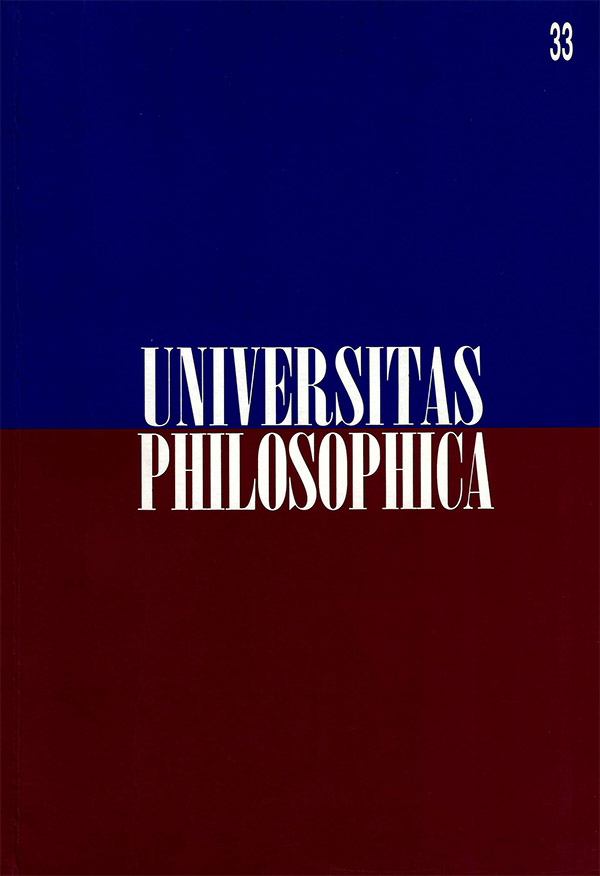Abstract
Present article attempts to offer basic, rigourous and grounded information about Environmental Ethics. In its six parts it treats the following issues: The pressing necessity of advancing in the construction of an ethical theory, capable of dealing with moral problems arosen to the mankind by the extent and profoundity of its power over nature. The radical changes operated in our century by technoscience developments, on the traditional conception of the relations man-nature. The ontological dignity of living beings and the real capacity of transformation or reelaboration of possibilities offered by nature, as moral limits for human action over the world. Three foundamentals types of problems for Environmental Ethics: International, Intergenerational, Interspecific. Two great strands in Environmental Ethics thought: anthropocentrism and anti- anthropocentrism, each one with its fragmentations and more or less profound differencies. Finally some bibliographical indications are offered about leading works on the issue.This journal is registered under a Creative Commons Attribution 4.0 International Public License. Thus, this work may be reproduced, distributed, and publicly shared in digital format, as long as the names of the authors and Pontificia Universidad Javeriana are acknowledged. Others are allowed to quote, adapt, transform, auto-archive, republish, and create based on this material, for any purpose (even commercial ones), provided the authorship is duly acknowledged, a link to the original work is provided, and it is specified if changes have been made. Pontificia Universidad Javeriana does not hold the rights of published works and the authors are solely responsible for the contents of their works; they keep the moral, intellectual, privacy, and publicity rights.
Approving the intervention of the work (review, copy-editing, translation, layout) and the following outreach, are granted through an use license and not through an assignment of rights. This means the journal and Pontificia Universidad Javeriana cannot be held responsible for any ethical malpractice by the authors. As a consequence of the protection granted by the use license, the journal is not required to publish recantations or modify information already published, unless the errata stems from the editorial management process. Publishing contents in this journal does not generate royalties for contributors.


